ASEAN to remove more non-tariff barriers to boost economic integration
Trade ministers from 10 Southeast Asian countries pledged yesterday to break down further non-tariff barriers to boost intra-regional trade as they seek closer economic integration.
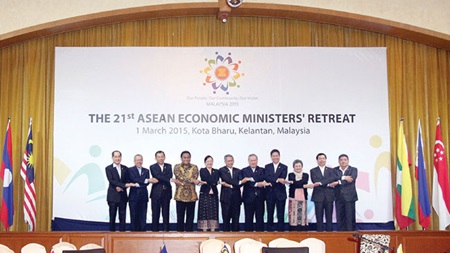 |
The trade ministers of member countries of the Association of Southeast Asian Nations gathered for their annual retreat in Kota Bharu, the capital of Malaysia's northeastern Kelantan state, to chart the way forward for the grouping as it is poised to mark the formal establishment of the ASEAN Economic Community by end of this year.
Under the AEC blueprint, the grouping – with a combined population of over 625 million people – envisions an integrated market and production base with free flow of goods, services and investments, skilled labor and capital.
It aims to boost intra-ASEAN trade further. In 2013, trade between ASEAN members amounted to US$608.6 billion, accounting for 24.2 per cent of total trade in the region. It was a 32.9 per cent increase from the $458.1 billion recorded in 2008 when the AEC blueprint was first launched.
"The implementation of the AEC measures does not mean that ASEAN will become a single economic entity by January 1, 2016, rather it sends a strong signal that positive measures have been put in place towards a more liberalized and integrated economic region," the ministers said in a statement at the end of the one-day retreat.
At present, ASEAN members have substantially eliminated custom import duties and beginning 2015, 97.3 per cent of the products traded in the region are duty-free.
The focus for the year, they added, will be on removing further nontariff barriers that impede trade, such as simplification of custom procedures, harmonization of standards, further liberalisation of services and trade facilitation.
At a joint press conference, ASEAN Deputy Secretary-General for ASEAN Economic Community Lim Hong Hin illustrated some of the common problems like multiple testing required for a product by different countries in the region and labeling requirements such as the use of local language. Some of these have been resolved but there were still cases cropping up.
Malaysian International Trade and Industry Minister Mustapa Mohamed who chaired the retreat said they have identified 69 nontariff barriers and have resolved 45.
"We are committed to see more progress in the (removal) of nontariff barriers," he said.
Meanwhile, Mustapa said the negotiation for a trade pact between ASEAN and its six regional partners – Australia, China, India, Japan, New Zealand and South Korea – is on track for conclusion by the end of this year.
The eighth round of talks for the initiative known as the Regional Comprehensive Economic Partnership will be held in June in Kyoto, western Japan. Before that, some of the negotiating committees will hold a smaller "intersessional" meeting in April in Jakarta, Indonesia, he added.
RCEP is touted as the largest free trade deal as it will cover half the world's population and almost 30 per cent of the global economy.
Dtinews.vn
Recommended
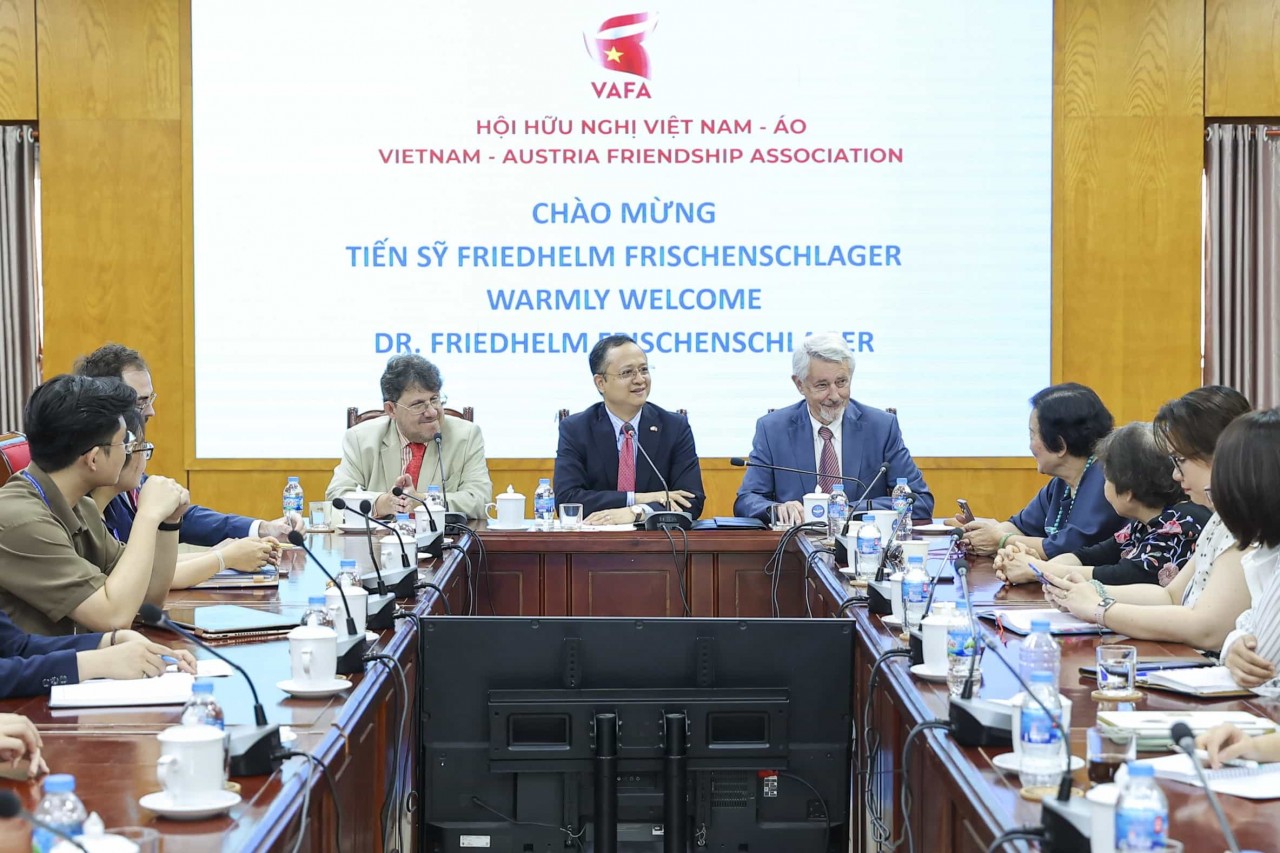 Focus
Focus
Vietnam-Austria Relations: Unlocking the Potential for Cooperation in Key Areas
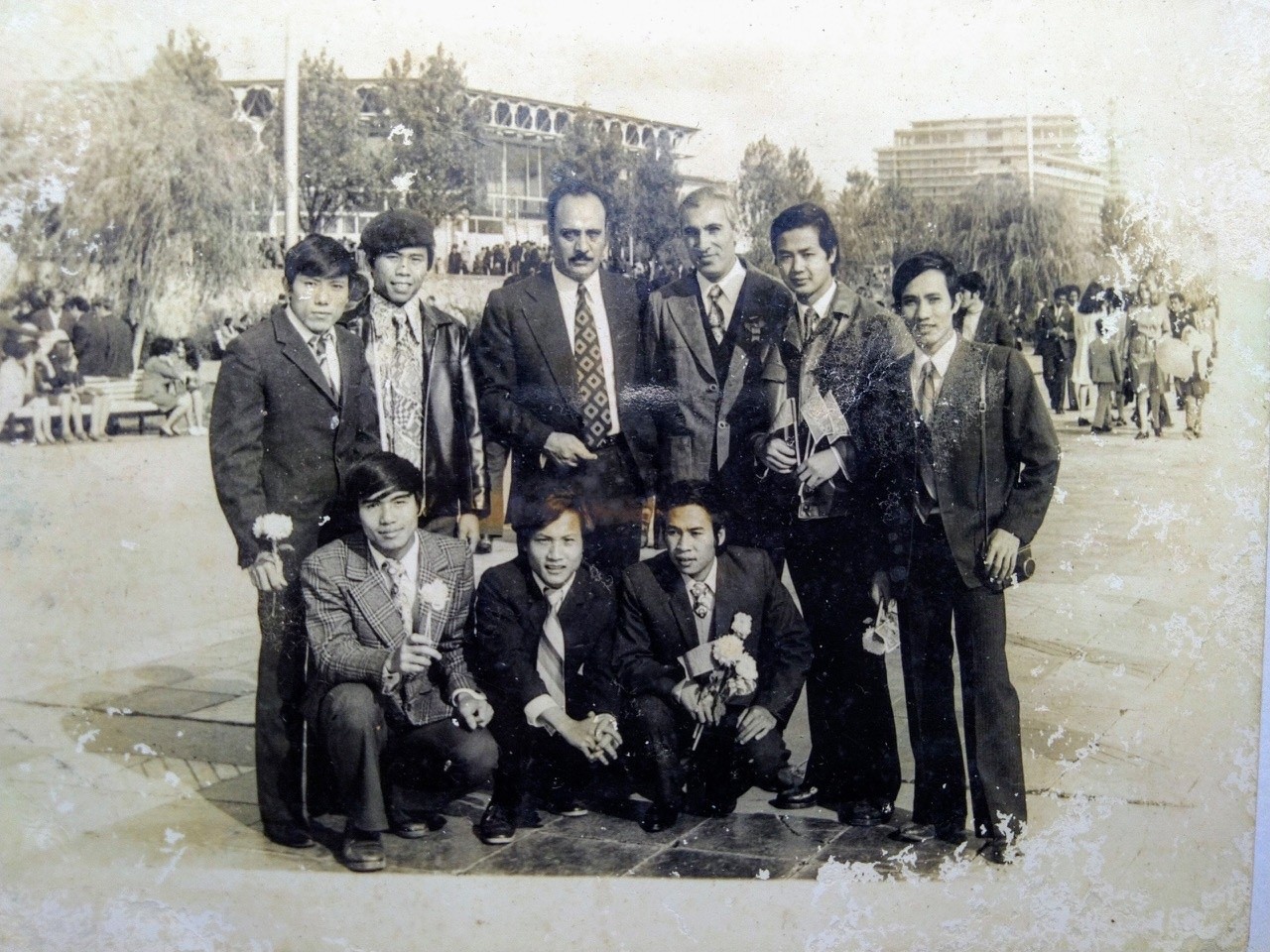 Friendship
Friendship
Vietnam - Azerbaijan: Cherished Memories Should Be Carried Forward with New Achievements
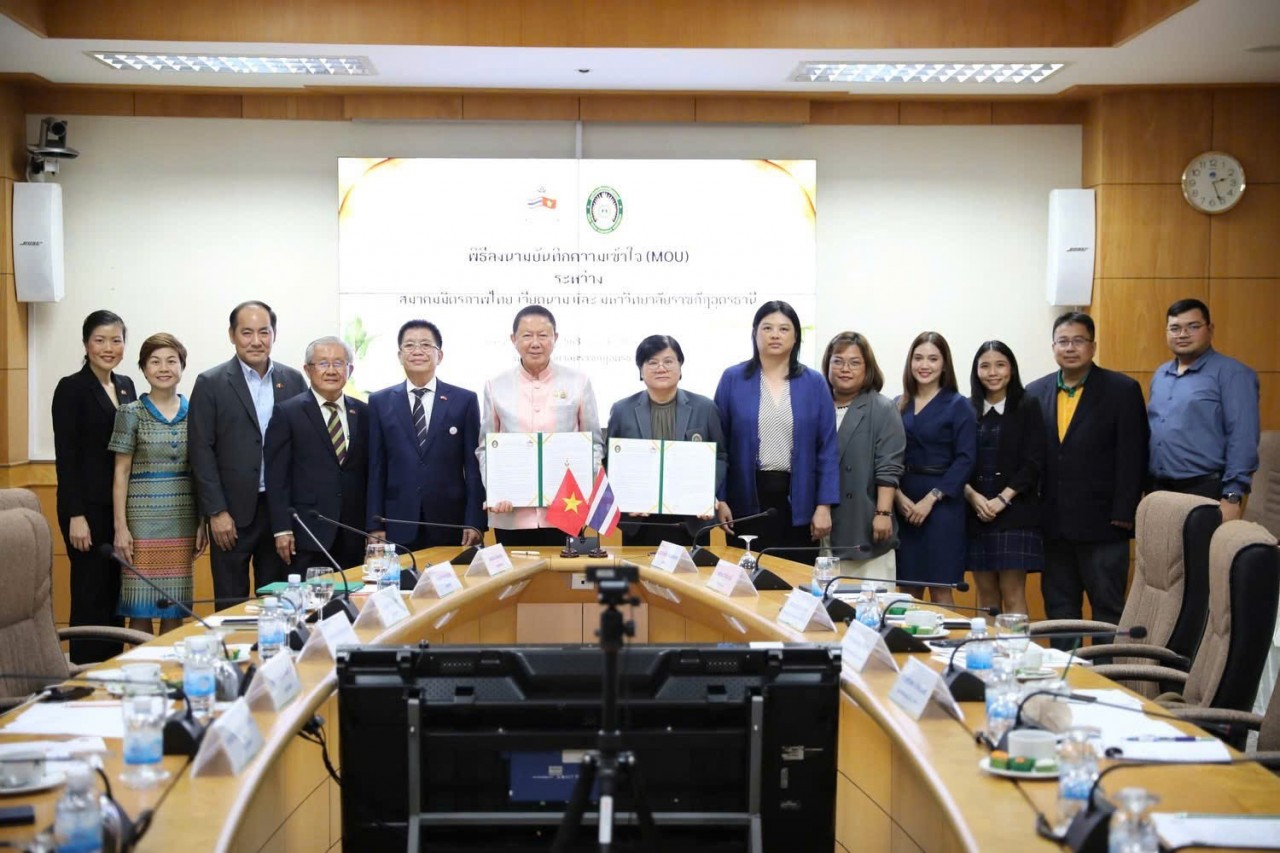 Friendship
Friendship
Center for Vietnamese Studies, Thailand-Vietnam Friendship Association Collaborate on Language Training
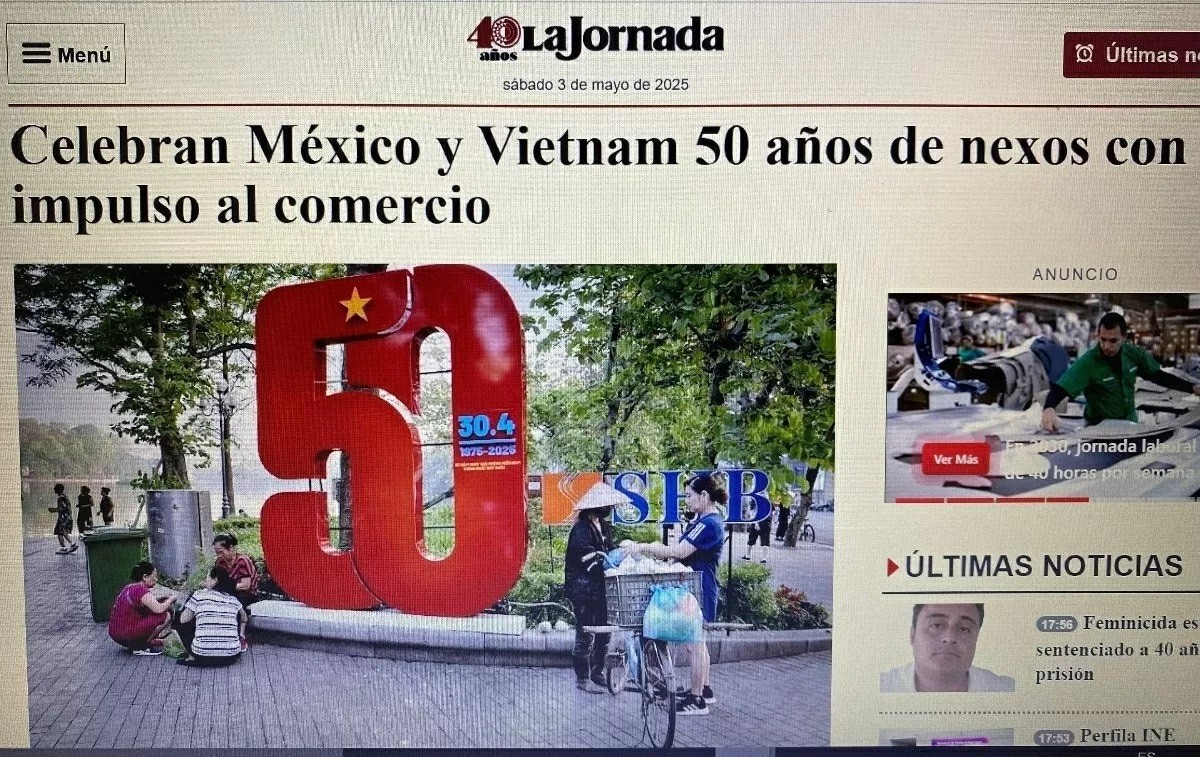 Friendship
Friendship
50 Years of Mexico-Vietnam Diplomatic Relations: Continuous Flourish in All Fields
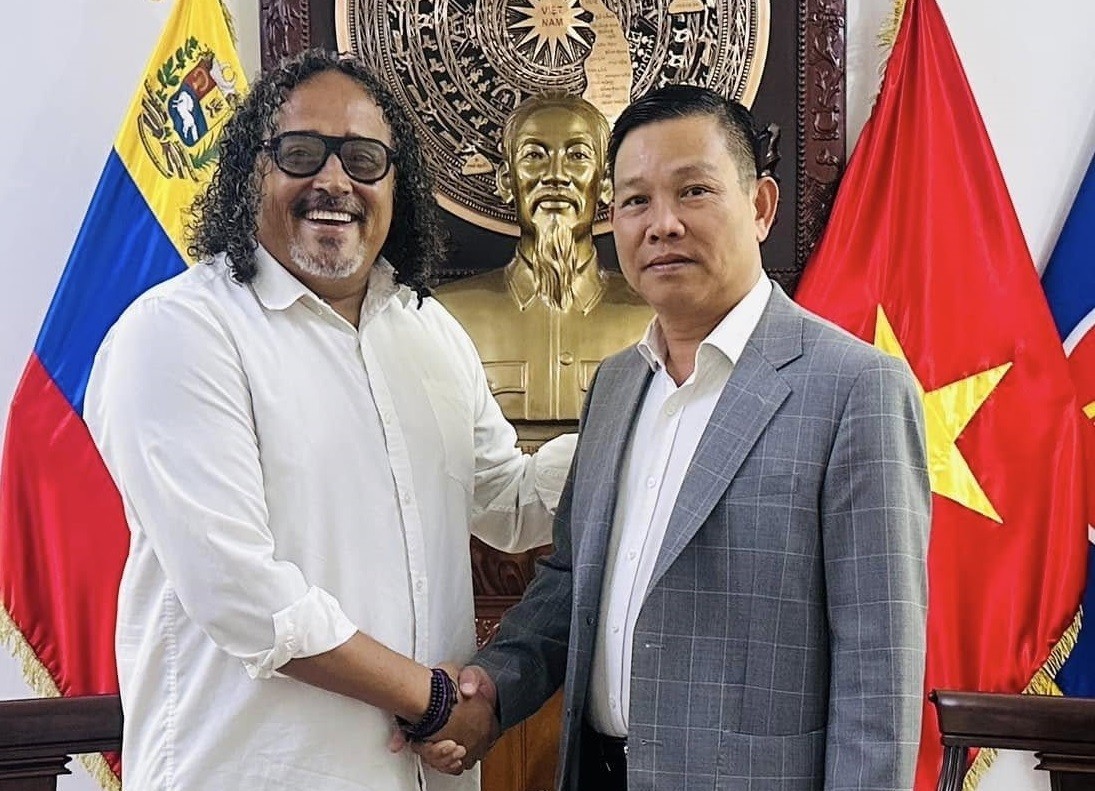 Friendship
Friendship
Venezuelan Artists Commemorate President Ho Chi Minh through Revolution Music
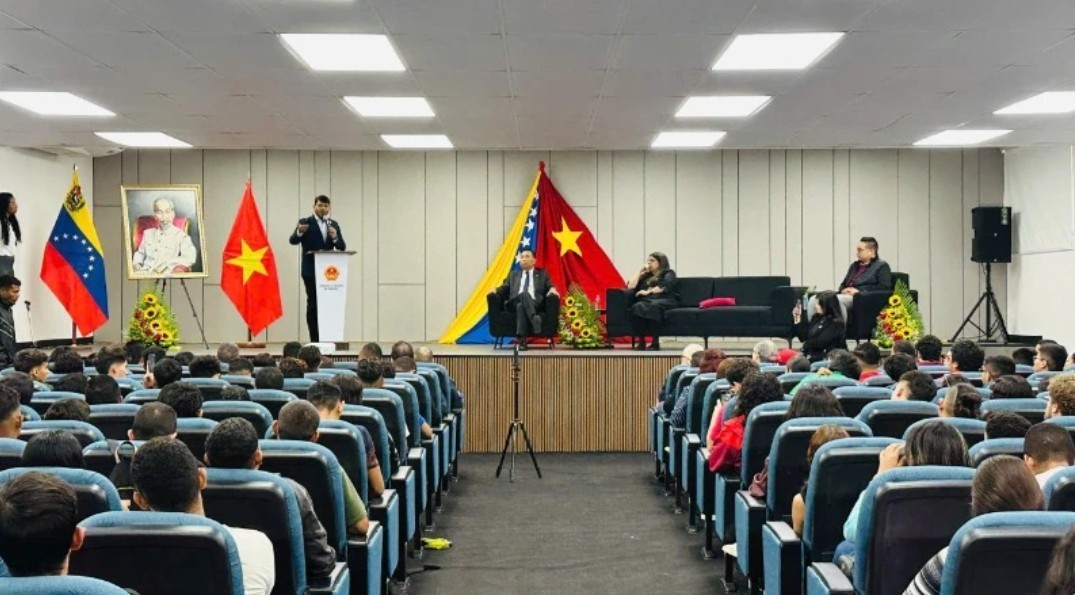 Friendship
Friendship
Vietnam's April 30 Victory Celebrated in Venezuela
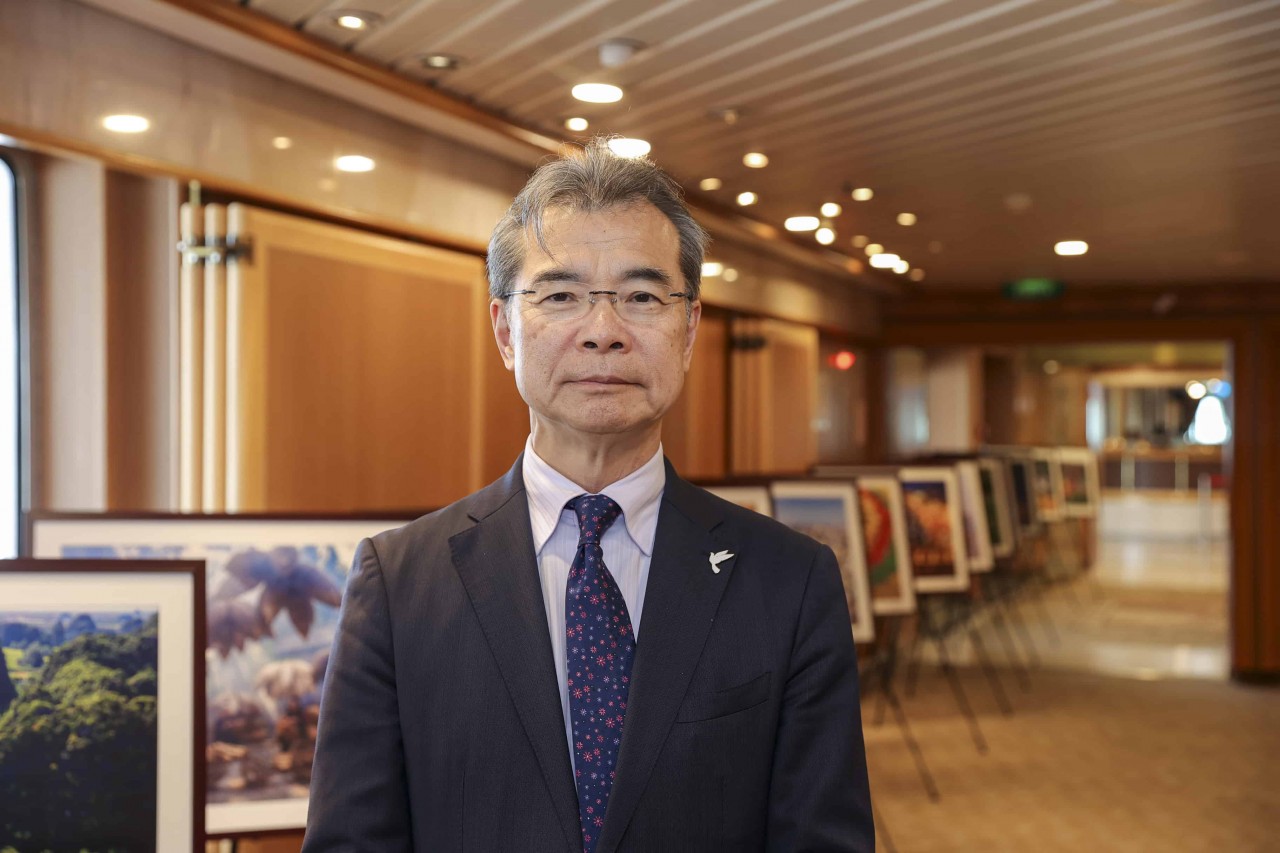 Friendship
Friendship
Vietnam’s History: Precious Legacy of Peace
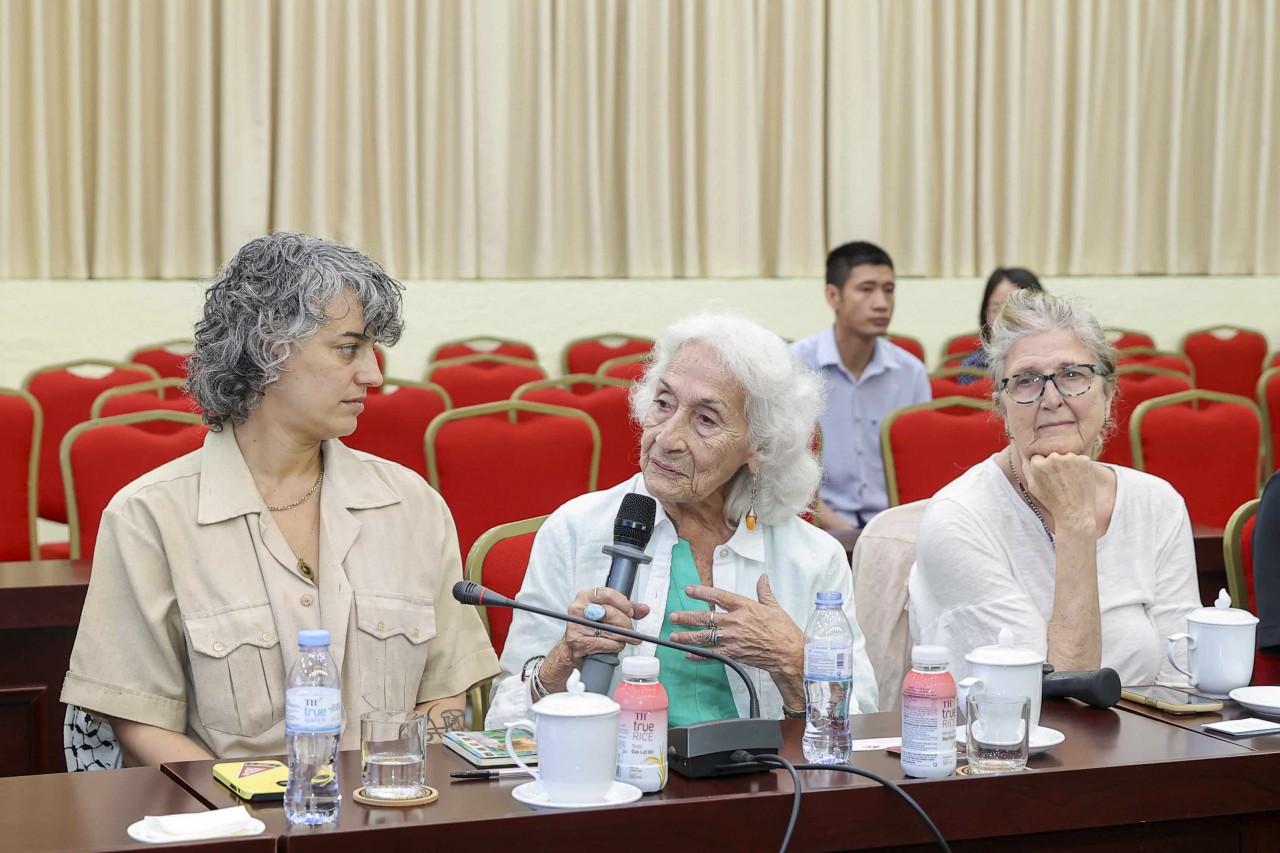 Friendship
Friendship
